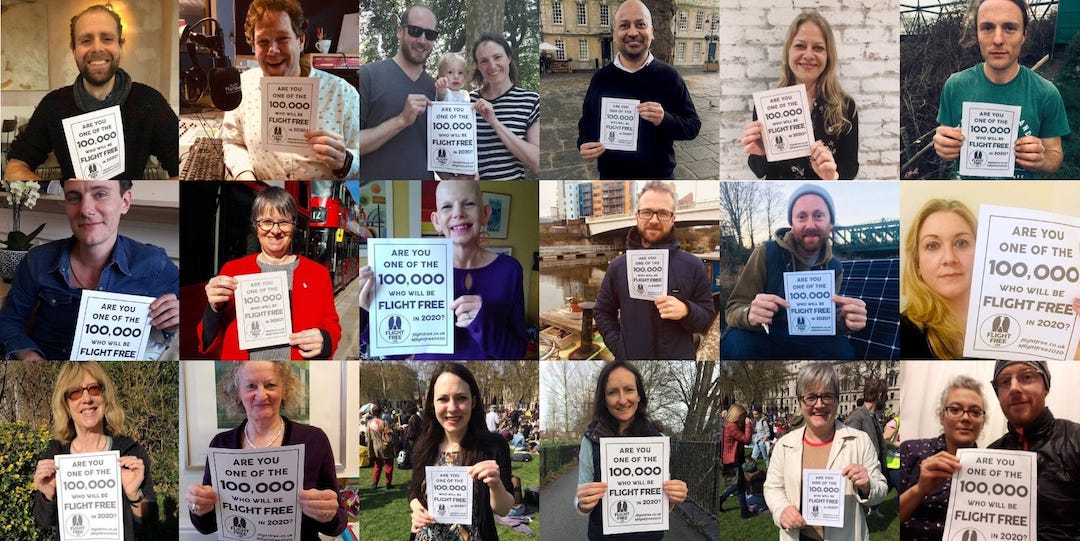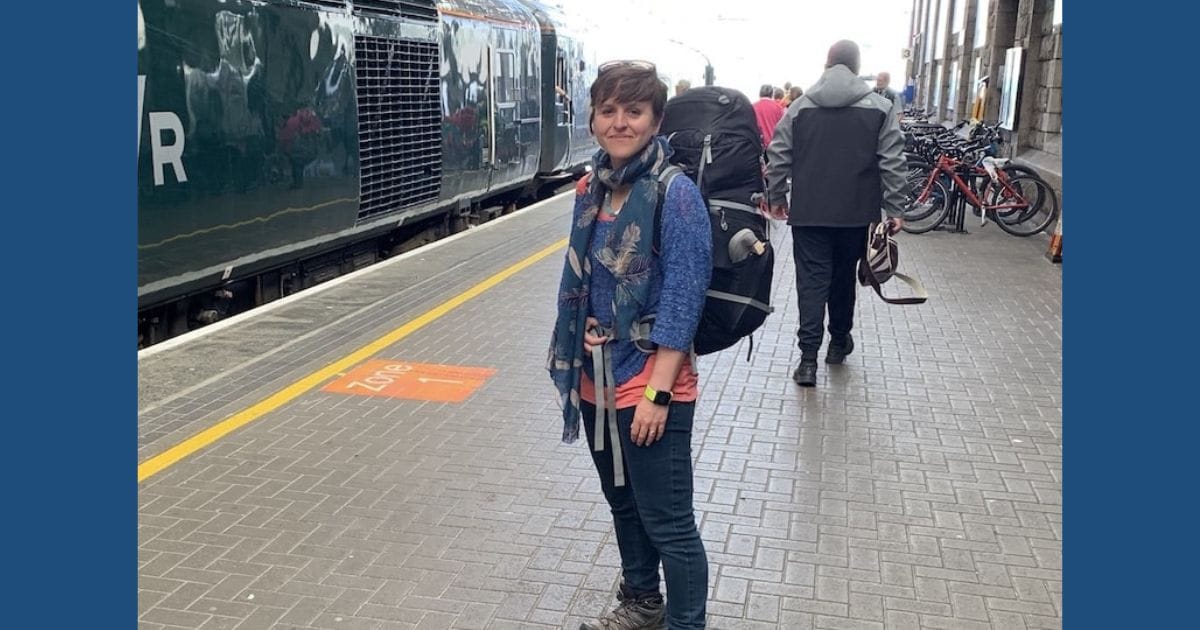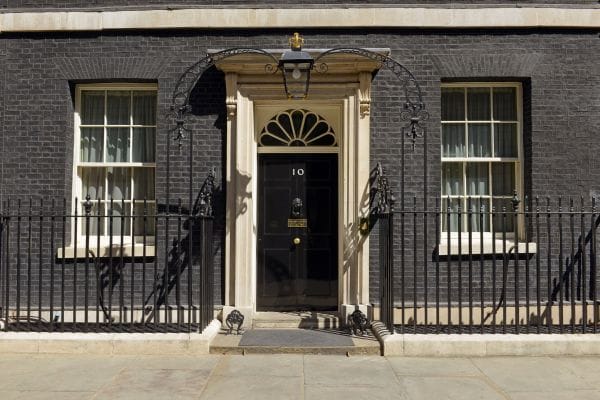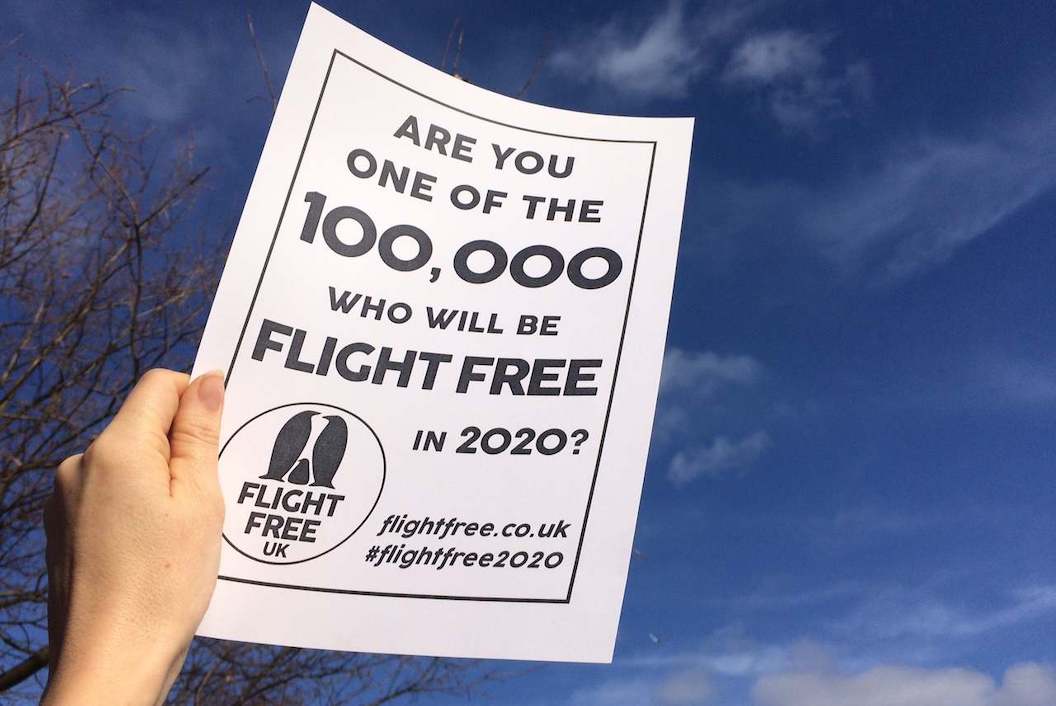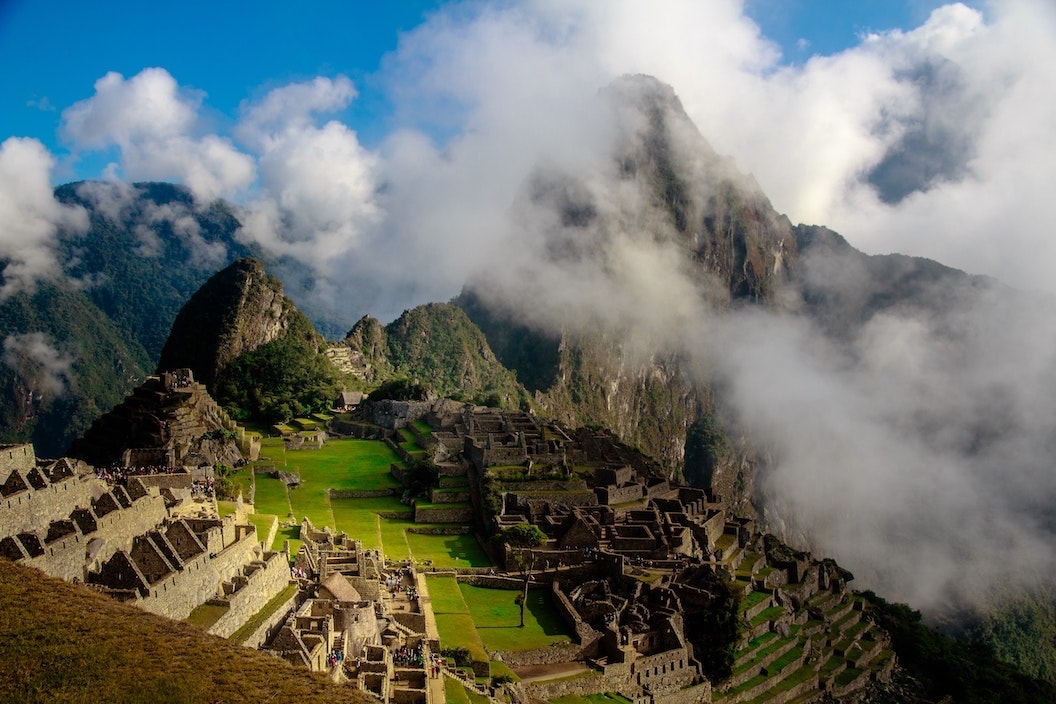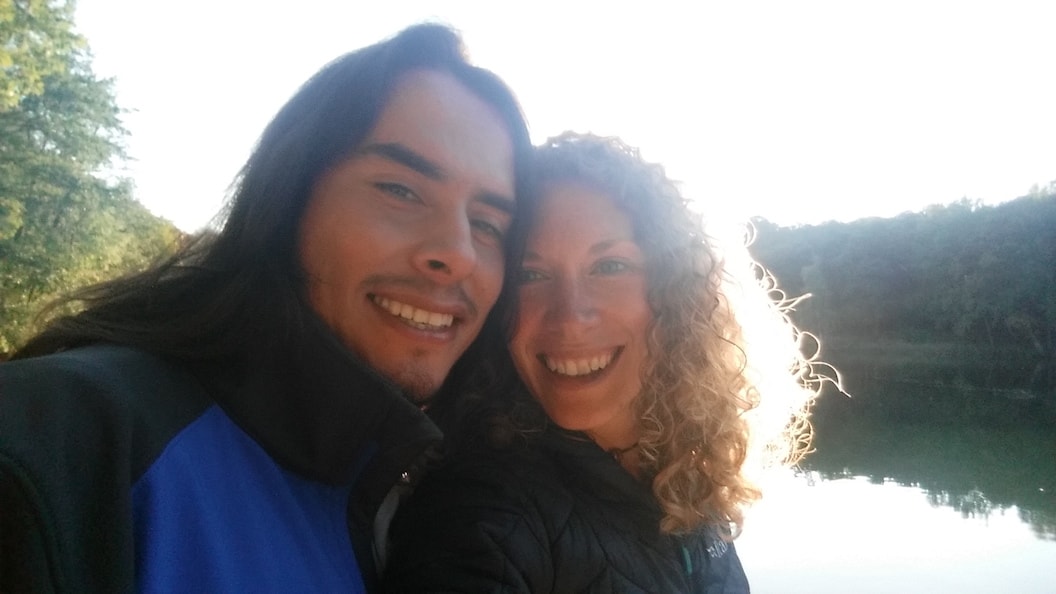
In many ways, I had an idyllic life.
A good job at the University of Cambridge, and a home in a small village outside the city where I could grow my own fruits and vegetables in the garden and cycle to work through the fields.
My career in tropical biology and conservation had given me plenty of opportunities to travel around the world for fieldwork and conferences, including the one where I met my now-boyfriend, who was working in Berlin and invited me to visit from the UK. Soon, we were seeing each other every month or two. I felt twinges of guilt about flying but I rationalised it was a drop in the ocean.
Then in late 2018, everything changed. I read the IPCC SR 1.5 report and the reality of our situation really hit home. My idyllic life lost its sheen; nothing much made sense to me any more apart from taking action on climate change and being with the people I loved, which included my boyfriend, the boyfriend who lived 1000 kms away in Berlin.
My idyllic life lost its sheen; nothing made sense to me apart from taking action on climate change and being with people I loved
Shortly afterwards I read ‘This Changes Everything’ by Naomi Klein and felt that, even if my flying was a drop in the ocean, I couldn’t live with it any more. The last flight I had taken had made me physically sick. Not through fear of crashing, but because of the realisation of just how many emissions it had created.
Flying was no longer an option, but the train from Cambridge to Berlin and only seeing my boyfriend every few months also sounded pretty grim. Some time in early January 2019 he casually suggested that I move in with him. I gave notice on my job the very next month.
It was scary to upend everything in my life and move countries with no guarantees at the other end, but once I made the decision I was really calm. There were so many factors swirling around – flying, Brexit, climate change, the depression I’d been struggling with for the past few months – and once I’d made the decision to move, the volume was turned down on all of them. In some ways, reducing my options by deciding I wouldn't fly actually made the decision easier. It gave me more mental freedom.
In some ways, reducing my options by deciding I wouldn't fly actually made the decision easier. It gave me more mental freedom.
Since being in Germany I have discovered a different type of travel. Last summer we made the weekends into mini holidays, seeing what we could find within a couple of hours’ train ride from home, and slowing down and really savouring it. We would take our bikes on the train and find places to travel to and camp, which made everything feel like a little adventure.
Having had the good fortune to study animals in the tropics, I wondered whether Europe could really thrill me. Yet I was as elated to find wolf scat 60 km from Berlin as I was to find tiger pug marks in India. Nesting storks make me stop and gawp every time. Kayaking at dusk, with bats flitting about our heads, we once came upon a wild boar on the riverbank – as enchanting an experience as any I’ve had, and only an hour and a half away by train. I realised the joy of travel is about mindset. If you see a particular experience as exciting then it is, no matter how nearby or familiar it is.
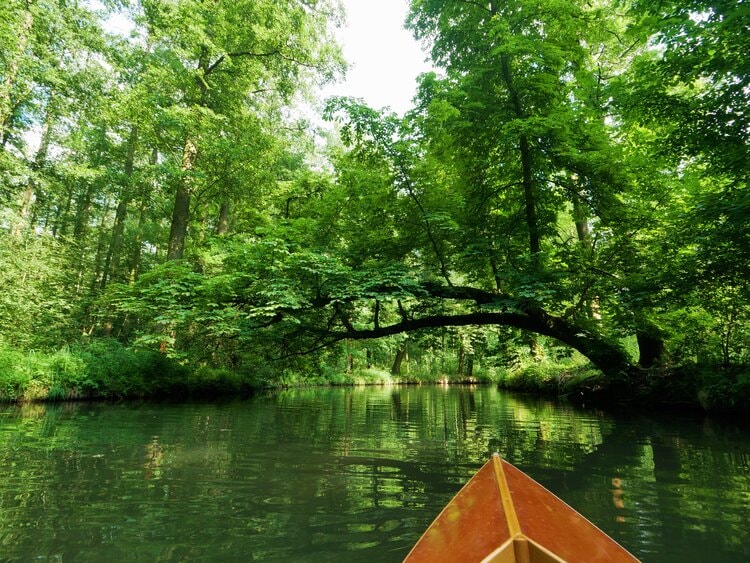
There’s also a real delight in going to places that you’ve visited before and seeing how they change through the seasons. For me, it’s helped me to feel at home in Germany because there are trees I visit regularly to check if the woodpecker chicks have hatched, or places I go and see if the swifts and storks have come back from migration. It makes me feel more rooted and connected to where I am.
As to my future travel and flights, I’m not sure what's going to happen. With the Flight Free Challenge being for a year at a time it doesn’t feel so hard to commit to, and when you don’t fly for a year or two you see flying in a totally different light. I can’t see myself ever flying again to go on holiday or to go to a conference, for example, or even probably to do fieldwork abroad.
When you don’t fly for a year or two you see flying in a totally different light.
The main complication is that my boyfriend is from Bolivia, and one day will probably go back there to live. I said from the start that if he moved home I’d go with him, but that decision has become much harder since I decided that I don’t want to fly. I still haven’t figured out exactly what I’ll do, but I have seen that there are ways to travel to Uruguay and Argentina by sailing boat or cargo ship and I am considering it.
I hope that with the recent rise in demand for flight free travel there will be more and cheaper options for ocean crossings; having loved ones in different hemispheres is challenging enough even if you do fly. But the Flight Free campaign has already made me far more motivated to seek out alternatives, to see the travel itself as an adventure, and to question my feeling of entitlement to jump on a plane.
As a child I dreamed of sailing the oceans on a three-masted ship, so if I can do a flight-free ocean crossing I think it would be an unforgettable experience. Having moved 1000 km for love without flying, the challenge of moving 10,000 seems far more possible.
Dr Claire Wordley is an ecologist, zoologist, writer and activist. Twitter @clairefrwordley
